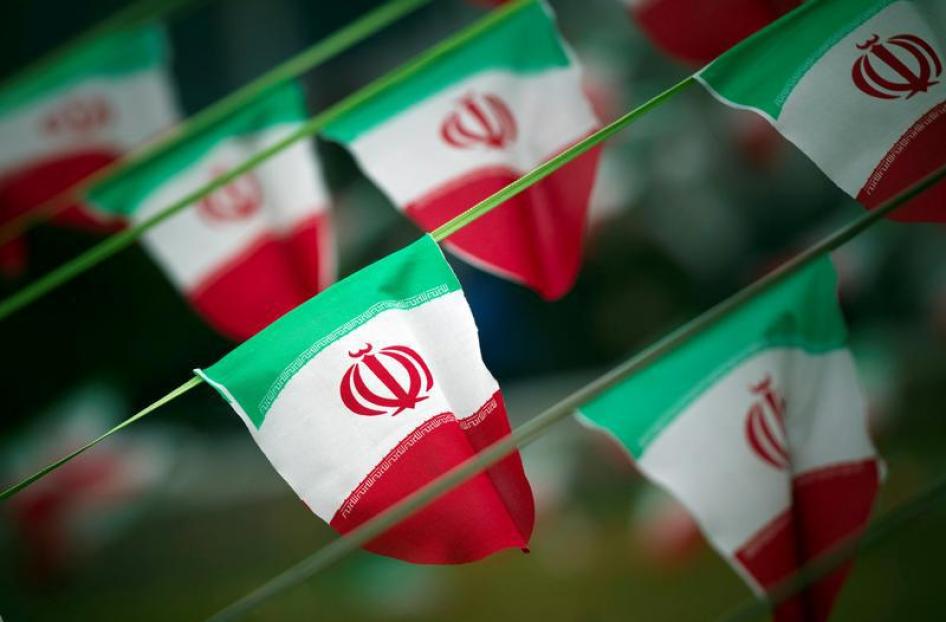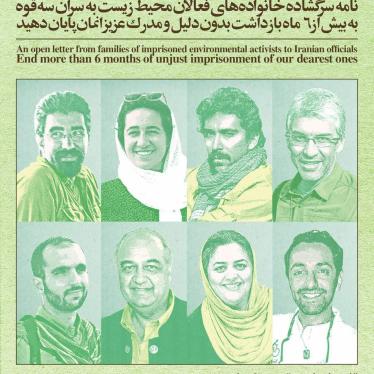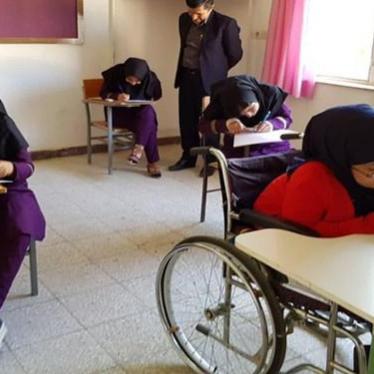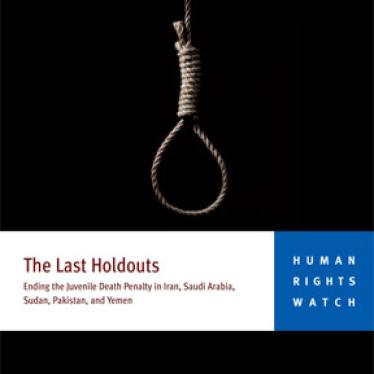Last week, Iranian authorities executed Zeinab Sakaavand for allegedly murdering her husband when she was 17. During her trial the court discounted Sakaavand’s claims that her husband frequently beat and abused her. She was only 15 when they were married.
Sakaavand is the fifth child offender that Iran has executed this year. On January 30, Mahboubeh Mofidi was executed for allegedly murdering her husband when she was 17. The same day, Ali Kazemi was executed for a murder he allegedly committed at 15. Amirhossein Pourjafar was also executed in January for the rape and murder of a 3-year-old girl when he was 16. In June, authorities executed Abolfazl Chazani for an alleged murder he committed at 14.
Iran is one of only four countries known to have executed child offenders since 2013. Amnesty International has identified 49 alleged child offenders at risk of execution in Iran, and the United Nations Secretary-General reported that there were 160 child offenders on death row in Iran as of late 2014.
Iran changed its laws in 2013 to limit when child offenders could face capital punishment – they granted judges the discretion to not sentence to death a child offender who could not comprehend the nature and consequences of the crime when it happened.
Yet the law allows courts to rely on a forensic doctor’s opinion as to whether a defendant understood the consequences of their actions. In the case of 14-year-old Chazani, the Legal Medicine Organization of Iran reportedly concluded he had reached “developmental maturity” at the time of the crime. Even with this flawed approach to the death penalty, research shows children are far more predisposed toward impulsive decisions.
Especially troubling is the cases of the two young women executed for killing their husbands who both were victims of child marriages and possible domestic abuse. In Iran, girls can marry at 13 and boys at 15. Girls who marry as children face a higher risk of physical and sexual abuse than women who marry later.
Under Iran’s Qisas law, an intentional murder is punishable by death but victims’ families can forgive the accused to save them from execution. This means the burden has been on activists and mourning families to work around the law. It is time for Iranian authorities to recognize their own responsibility and end the execution of child offenders once and for all.









